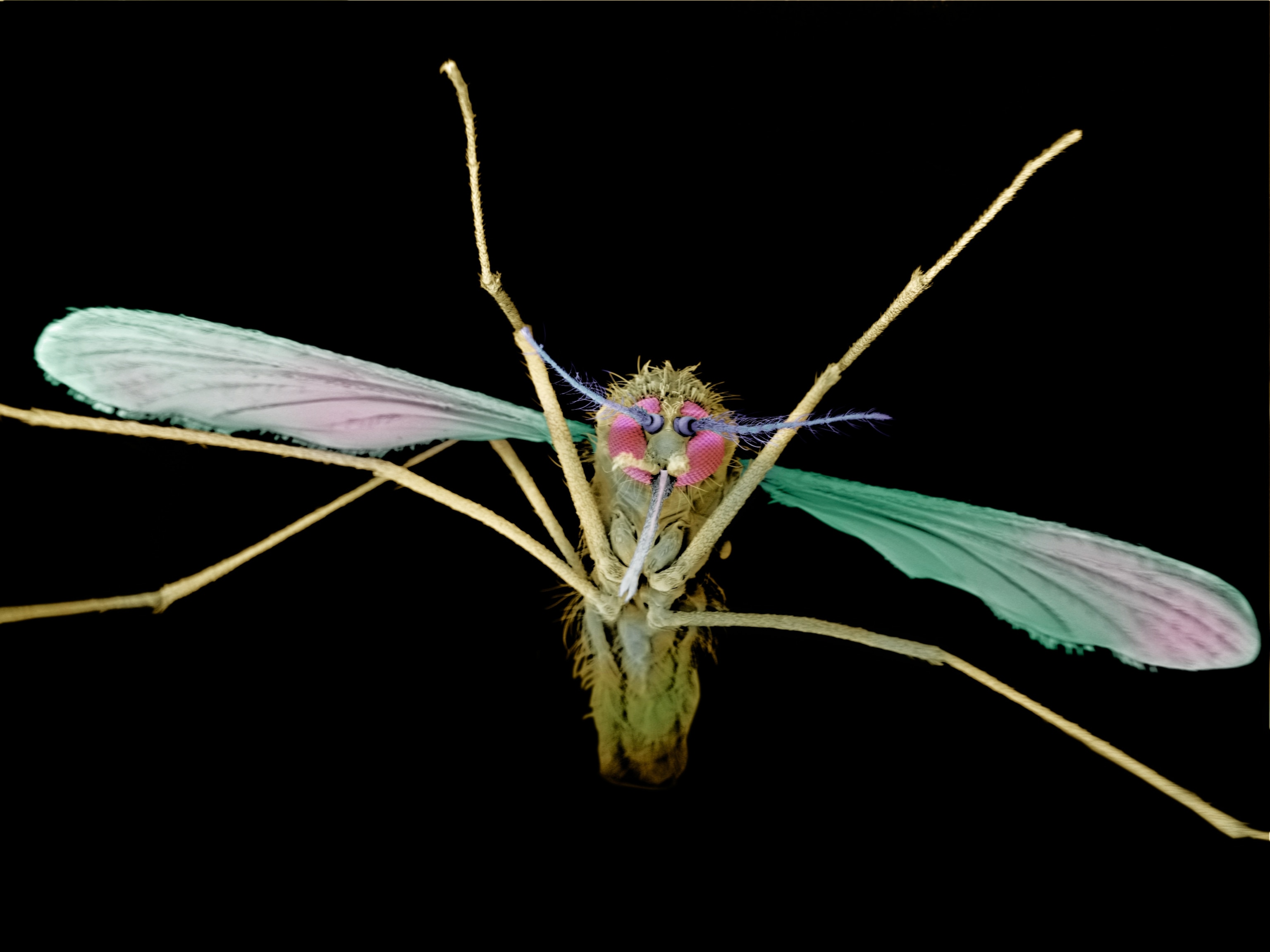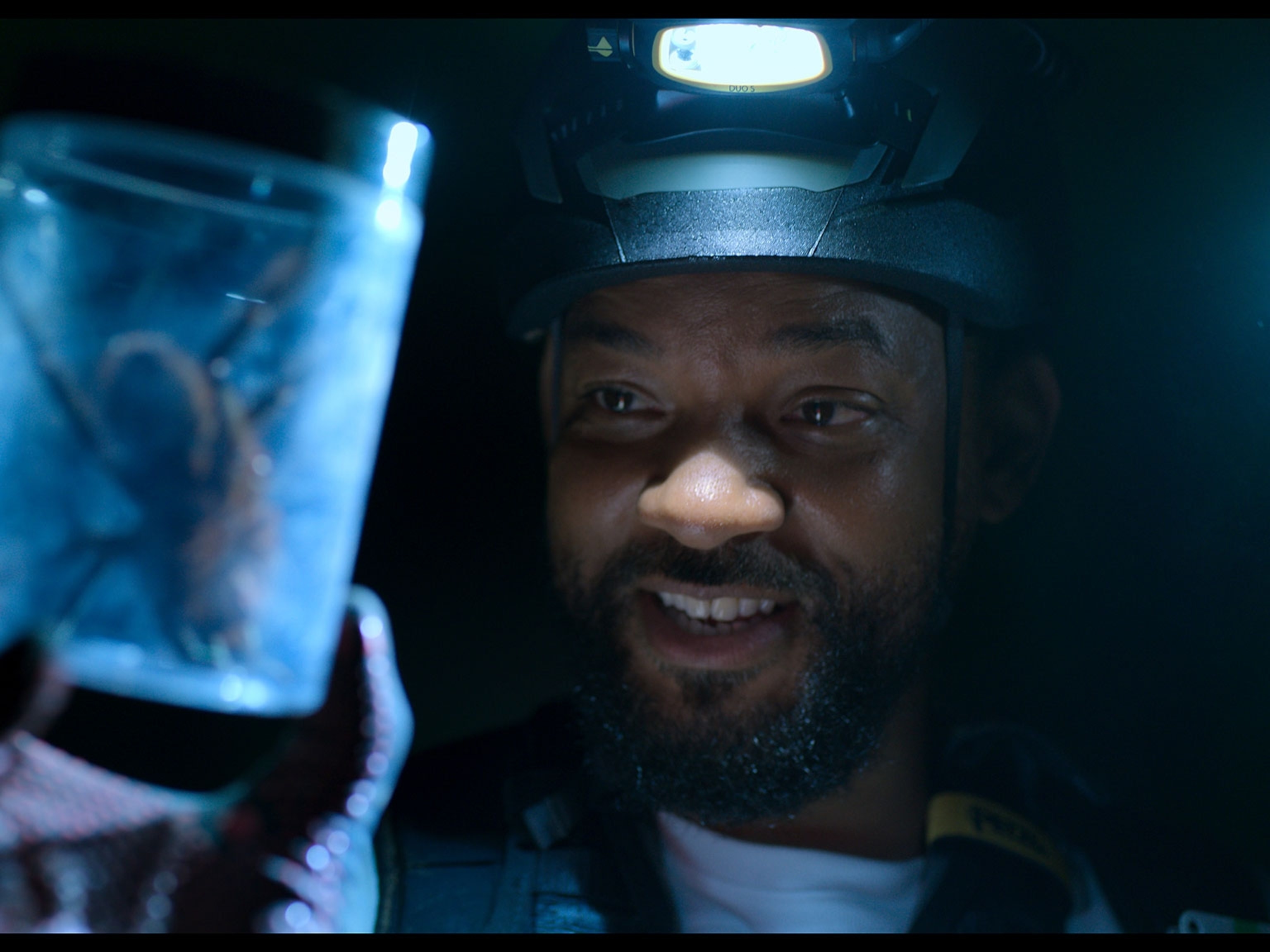
Cockroach Brains May Hold New Antibiotics?
Insects naturally kill deadly MRSA and E. coli bacteria, experiment shows.
Cockroaches may make your skin crawl, but the insects—or, to be exact, their brains—could one day save your life.
That's because the central nervous systems of American cockroaches produce natural antibiotics that can kill off bacteria often deadly to humans, such as methicillin-resistant Staphylococcus aureus (MRSA) and toxic strains of Escherichia coli, scientists said this week.
Two species of locust tested so far also have the same bacteria-killing molecules in their tiny heads.
The findings suggest that the insect world—which makes up 80 percent of all animals on Earth—may be teeming with new antibiotics, said study co-author Simon Lee of the University of Nottingham in the U.K.
Such a discovery is crucial, because scientists are scrambling to combat strains of several infectious diseases, including MRSA and E. coli, that are resistant to traditional antibiotics, Lee said.
(Related: "Sharks Carrying Drug-Resistant 'Bacterial Monsters.'")
"It's a promising new lead. We are looking in an unusual place, and to my knowledge no one else is looking there," Lee said.
"That's what we need in terms of [finding new] antibiotics, because all the usual places"—such as soil microbes, fungi, and purely synthetic molecules—"have been exhausted."
(Also see: "Blockbuster Ocean Drugs on the Horizon?")
Insect Brains Have "Clever Defense" Against Bacteria
Lee and colleagues dissected the tissues and brains of cockroaches—which "smell as bad as they look," Lee said—and locusts in the lab.
(Read more about how locust brains switch on swarming behavior.)
The team tested nine separate types of antibacterial molecules found in the insects' brains and discovered that each molecule is specialized to kill a different type of bacteria.
This "very clever defense mechanism" allows the bugs to survive in the most dirty of domains, Lee said.
The scientists found the bugs had antibiotics only in their brain tissue, the most essential part of the body, he added.
A bug might live with an infected leg, for instance, but a brain infection would almost certainly be fatal.
Insect-brain drugs for humans are still years away, Lee said, but there's one hopeful glimmer: When the team added the insect antibiotics to human cells in the lab, there were no toxic effects.
Preliminary findings on antibiotics in bug brains were presented at the Society for General Microbiology meeting held this week at the University of Nottingham.





